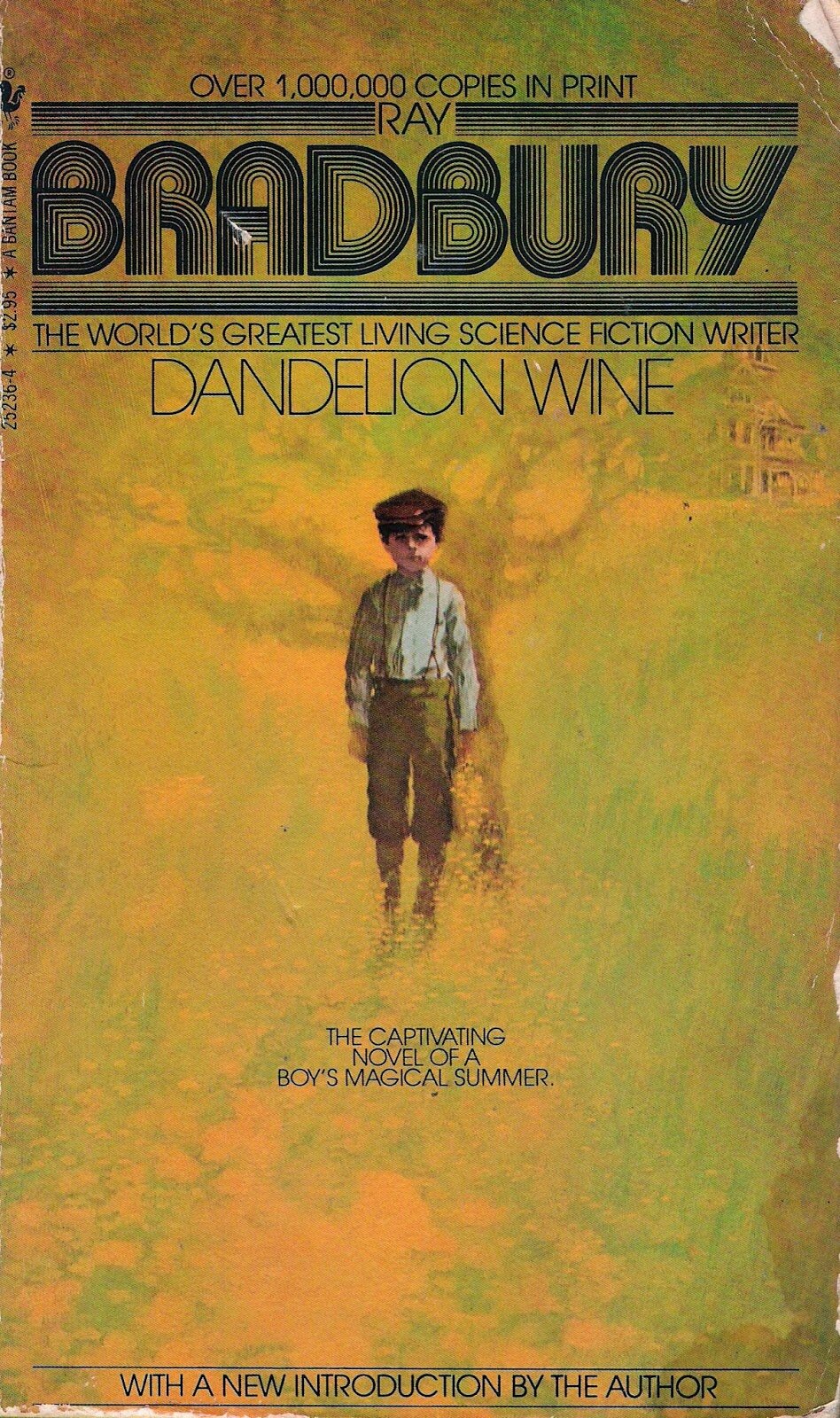Ray Bradbury Centennial post August 19, 2020
/ddressed the critical health of the imagination in the modern age, the time-traveling personal consequences of being an artist, the lacerating assumptions and actions of imperialism, and the urgency of the danger of totalitarianism. In Dandelion Wine he relived and transformed one summer in the life of his childhood avatar. He weighed the Happiness Machine versus the Time Machine (literally in the novel). He not only drew from the well of memory, he tested the potability, broke down the elements, analyzed and foresaw the lifelong legacy of the waters. It is one of his lyrical and poetic performances. This has made some critics uncomfortable, cynical. Damon Knight, usually a perceptive editor, said Bradbury’s only topic was Childhood. See my list previously for my opinion of that blindness. It’s like saying Joyce’s only topic was Ireland or Flannery O’Connor’s only topic was the South. If nothing else is at first achieved in a review of Bradbury’s career, one must acknowledge the depth and varieties in the approaches of his art. Dandelion Wine was half the coin of his magic. In five years, with Something Wicked This Way Comes, Bradbury would offer the other half.



